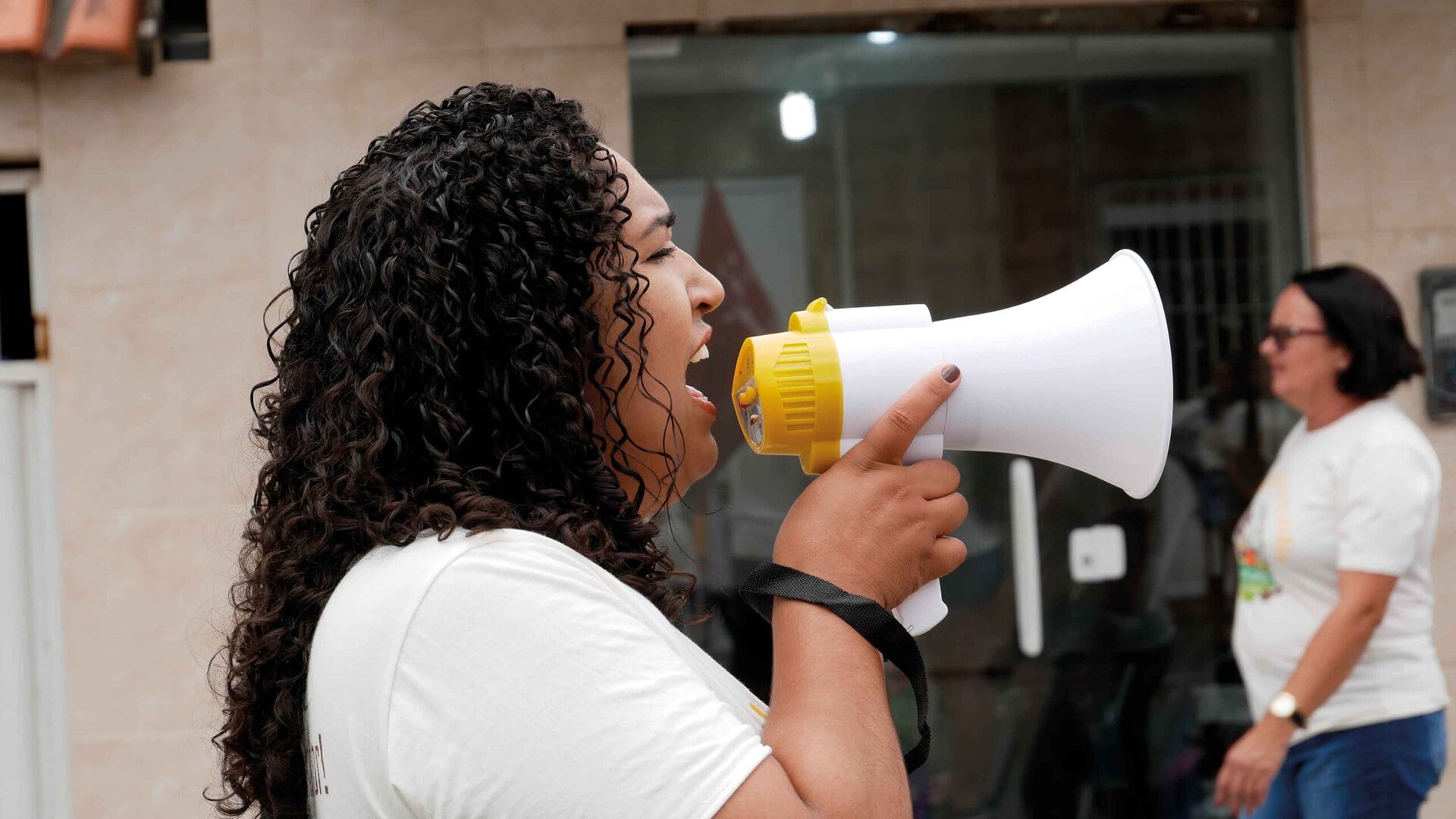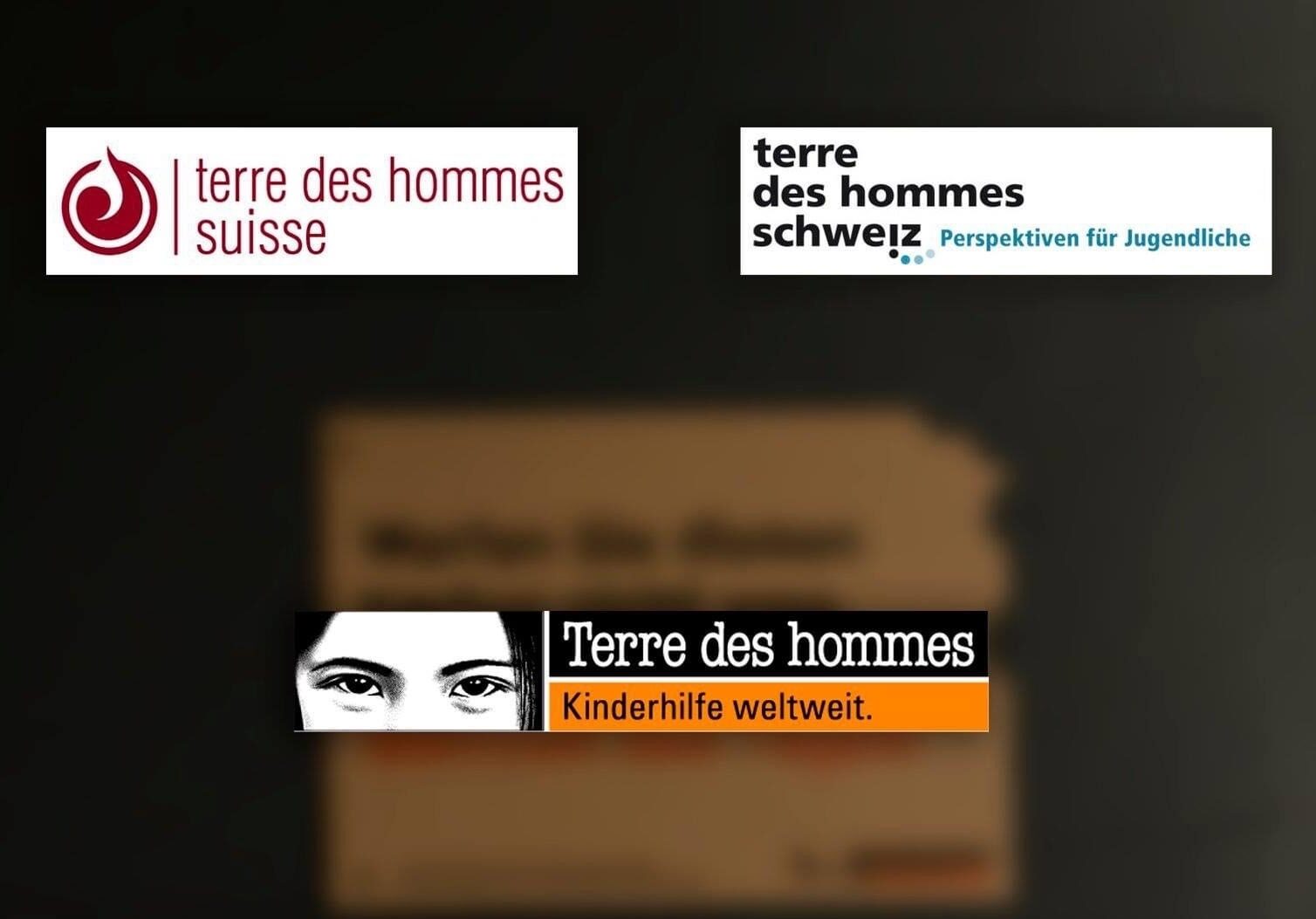On May 19, we will vote on the adoption of the EU Weapons Directives in Switzerland. The new rules create more control and security in the possession of weapons. This is to be welcomed, because weapons are not toys.
In Switzerland, 200 to 250 people have died from firearms every year in recent years, including suicides. Homicides usually take place within the personal environment. Threats, as described by a 90-year-old woman to a newspaper, are rarely part of the debate. Her husband had repeatedly threatened to shoot her.
She is hardly the only one who has to live in fear of gun violence: there are 2.3 million firearms in Swiss households. Every third to fourth inhabitant owns a rifle or pistol. At the same time, the number of members of shooting clubs is dwindling. This means that many of the existing weapons are not used for work or sport, but are kept in cellar compartments and broom cupboards. In addition, many weapons are not registered. Such unused and unregistered weapons easily end up in the hands of criminals.
The new EU weapons directives, which are to be adopted by Switzerland, demand that gun ownership be better controlled. The only new aspect is that in future a special permit will be required for semi-automatic weapons, i.e. those that reload cartridges automatically. Sport shooters will only have to prove that they shoot regularly or are members of a shooting club. Anyone who knows how to handle a weapon and uses it for sport will not have their weapon taken away from them – contrary to claims made by opponents of the new guidelines. The list from the Federal Office of Police (Fedpol) shows just how slightly the legal situation for gun owners has tightened.
| For whom? | What changes? |
| Soldiers who wish to take over the service weapon directly at the end of their service | Nothing. |
| Owners of semi-automatic weapons with a large magazine who are already listed in a cantonal weapons register | Nothing. |
| Owners of former ordnance weapons that were taken over directly from the army | Nothing. |
| Hunters and huntresses | Nothing. |
| Young marksmen and markswomen | Nothing. |
So what will change for private gun owners? Almost nothing:
- Previously unregistered weapons must be re-registered
- Shooters without club membership must shoot 5 times in 5 years.
- Collectors must store the weapon in a verifiably safe place and keep records.
Everything else concerns companies, i.e. arms dealers and arms manufacturers. In future, they will have to report all transactions within 20 days or clearly mark manufactured weapon parts. Not relevant for hobby shooters and gun enthusiasts.
In relation to the annual death rate from firearms, the changes are minimally small. Unfortunately, it is unlikely that this number will decrease as a result. Nor will this law reduce the number of weapons in criminal hands or the number of suicides. Nevertheless, the state is obliged to do its utmost to ensure that weapons only fall into the hands of those who know how to use them.
Firearms are not toys and restricting the availability of weapons saves lives. Since the adoption of the Weapons Act in 1998, the number of firearm-related deaths in Switzerland has fallen. This is a trend that can only be supported.



